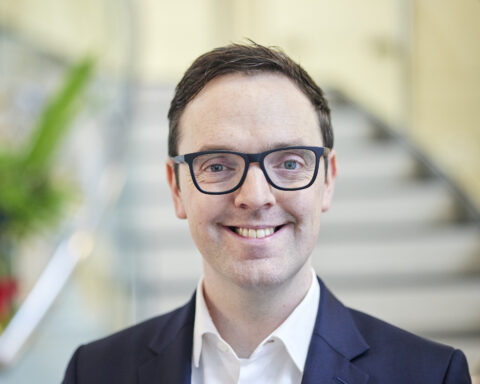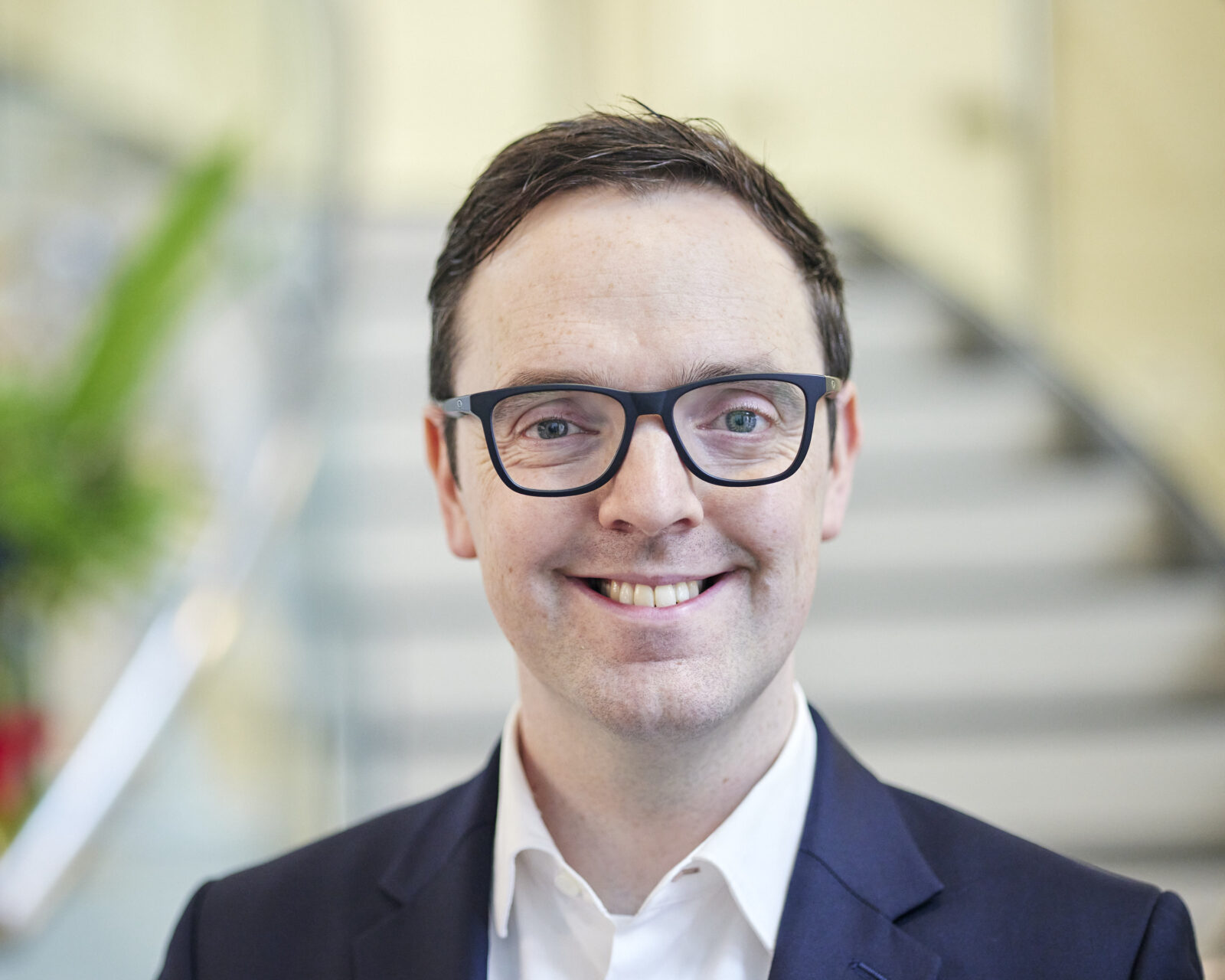Career catch up with Tom Whittaker

This website will offer limited functionality in this browser. We only support the recent versions of major browsers like Chrome, Firefox, Safari, and Edge.




In this career spotlight, Tom Whittaker, a director in the Dispute Resolution team, shines some light on his experience of working for the firm
I studied history at the University of Birmingham and then got a training contract with Allen & Overy. A law conversion and a gap year followed. I qualified into the commercial litigation team at Allen & Overy and spent a year there before moving to Burges Salmon to be closer to family.
I’ve had a fairly broad practice since: commercial, procurement and insolvency disputes; judicial reviews; corporate and regulatory investigations. More so over the last few years my practice has revolved around electronic disclosure – identification, collection and analysis of large amounts of electronic data.
More recently, I have taken an active interest in the law and regulation of Artificial Intelligence – there are significant, and diverging, proposals in the UK, EU and globally for a technology that offers both significant benefits and risks.
Being part of a team, delivering on what you are responsible for, and seeing its impact on the matter for client and colleagues.
Yes. But my view of success has changed in other ways. Whereas some swipe through Instagram I swipe through Linkedin. In the past I’ve found peoples’ profiles inspiring – seeing what they have achieved – but have come to recognise that looking at peoples’ profiles never tells you the whole story. Sometimes success is difficult to quantify objectively and isn’t measured by milestones that you can neatly list in a profile.
Career-wise, stand out points were becoming an associate and then a senior associate. Day-to-day it may be difficult to see how you’re developing your skills. But when you can step and take the long view it’s easier to see how much change there has been.
These are probably some of the best and most memorable times. Career-wise it would be when advocating at court – admittedly short hearings but ones where I had to be ready. Outside of my career, I have taken shared parental leave twice for 3 months at a time. The firm and colleagues have been very supportive. But it’s difficult to prepare for. When you switch to being a full-time parent you are caught between: 1) high hopes about all the things you can do every day; and 2) terrible sleep and kids who always have more energy than you (and then there was lockdown…). Probably as with thinking about success, it’s all about trying to have realistic expectations and then giving it your best. Easier said than done.
At Allen & Overy I would pick up a copy of the FT every day and take it to my desk. Unfortunately my supervisor thought I rarely got it past page one (I did read it, honest).
It’s easy to get worried about something or think that you should be doing something different. But if you ask yourself “would it help?” you quickly turn your attention from what may be distracting and unhelpful, and towards what would make a difference.
Things won’t fall into your lap. Be proactive. Research opportunities and discuss with those who help can make it happen.